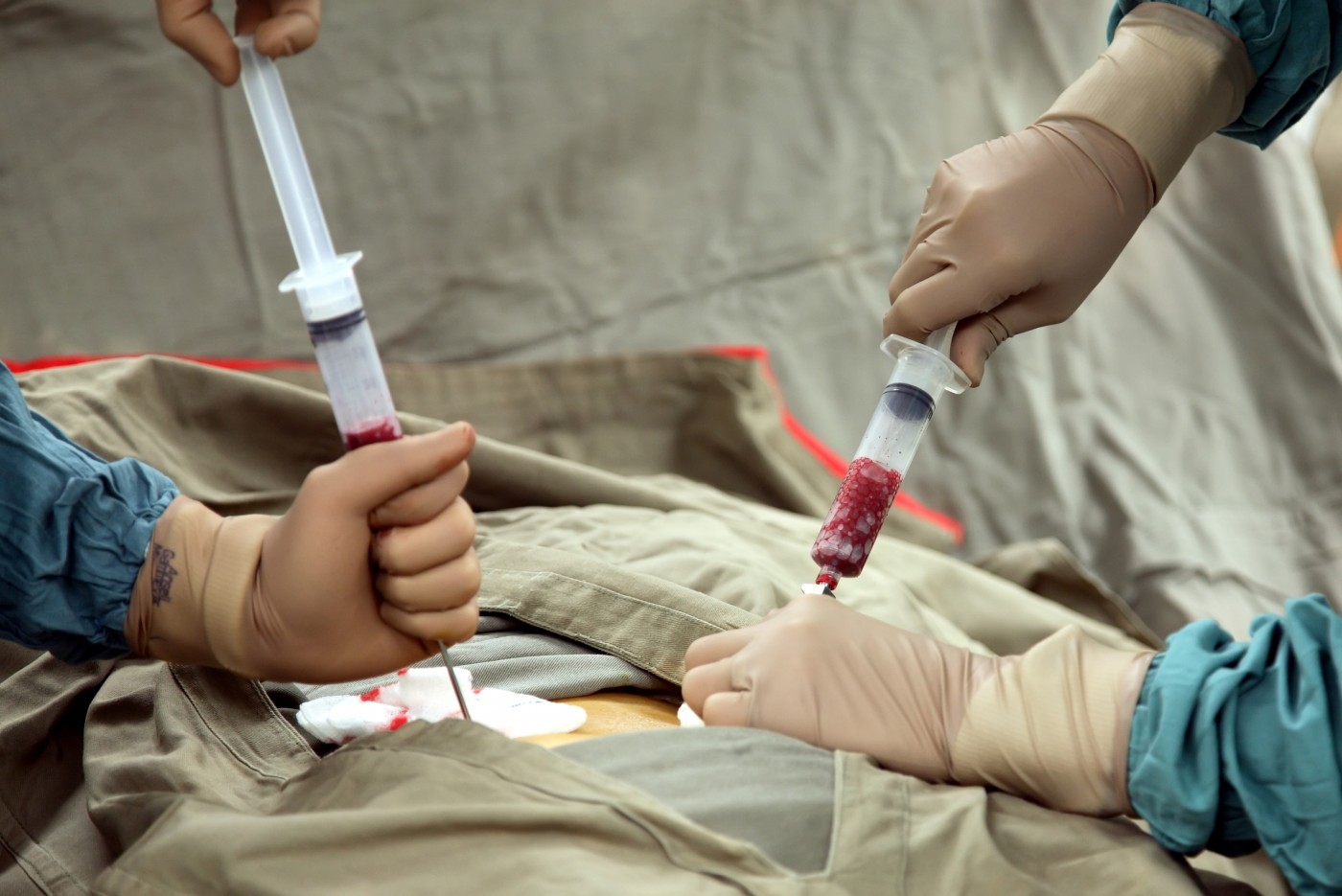The first-ever bone marrow transplant has been successfully conducted in the UAE by the Abu Dhabi Stem Cells Centre (ADSCC) this week. It was initiated by the Abu Dhabi Bone Marrow Transplant programme, AD-BMT. Primarily used to treat patients with hematological and oncological illnesses, the bone marrow transplant was performed on a patient with multiple myeloma, a type of blood cancer. For the unversed, cancer is the third-highest cause of death in the UAE, however Emirati citizens and residents often seek treatment overseas for cell therapy and regenerative medicine. The successful transplant was the result of collaboration between ADSCC and Sheikh Khalifa Medical City, stated a press release.

It represents a groundbreaking advancement for cancer patients living in the UAE who can now be treated at home instead of travelling abroad. treatment closer to home to remain with family. Bone marrow transplants, or hematopoietic stem cell transplantation, are one of the most established stem cell-based therapies in the treatment of cancer, particularly blood cancers. “The patient is basically without an immune system while waiting for the transfused cells to take effect and must remain in isolation under the strictest infection control guidelines,” said Dr Yendry Ventura, General Manager of ADSCC and BMT Programme Director. “Since we are still in the midst of a global pandemic, we took additional precautions to ensure the best outcome possible for all involved.”
http://brownidentity.com/2020/07/29/eid-al-adha-2020-free-parking-announced-in-dubai-abu-dhabi-and-sharjah/
Dr Fatima Alkaabi, BMT Executive Director stated, “It fills us with great pride to be part of a first for the country and to make such a life-saving treatment available and accessible to those who need it here. We are very grateful for the support and collaboration of SKMC in making this opportunity possible.” ADSCC remains hopeful that the Abu Dhabi Bone Marrow Transplant programme will meet the highest standards of quality and patient satisfaction at all steps of the process, including treatment, aftercare, and follow-up between clinical BMT personnel, patients, and their families. Here’s to many more milestones like these!

